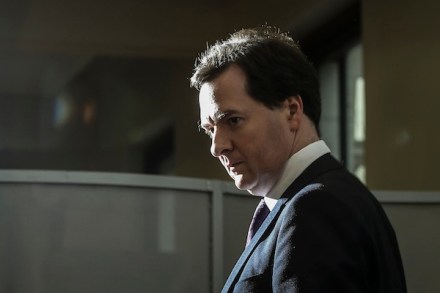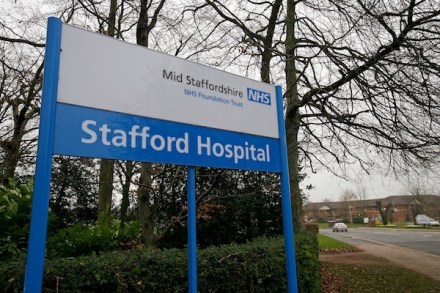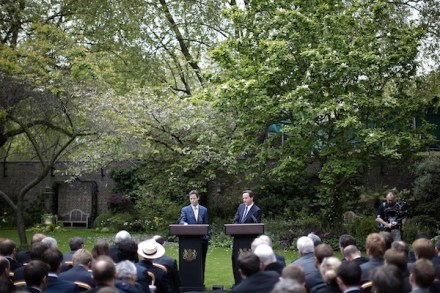UKIP surge in Eastleigh
By-elections are notoriously hard to call. But everyone who comes back from Eastleigh says the same thing, UKIP are the party with forward momentum. This morning’s Populus poll bears that out. They are in third place with 21 per cent, with the Tories second on 28 and the Lib Dems ahead with 33. But, as the indispensable UK Polling Report points out, if you don’t reallocate some of the undecides to the party they voted for last time, UKIP are doing even better. The numbers then are UKIP 25%, Tories 26% and Lib Dems 31%. As I said in the magazine this week, UKIP are picking up support from all




















